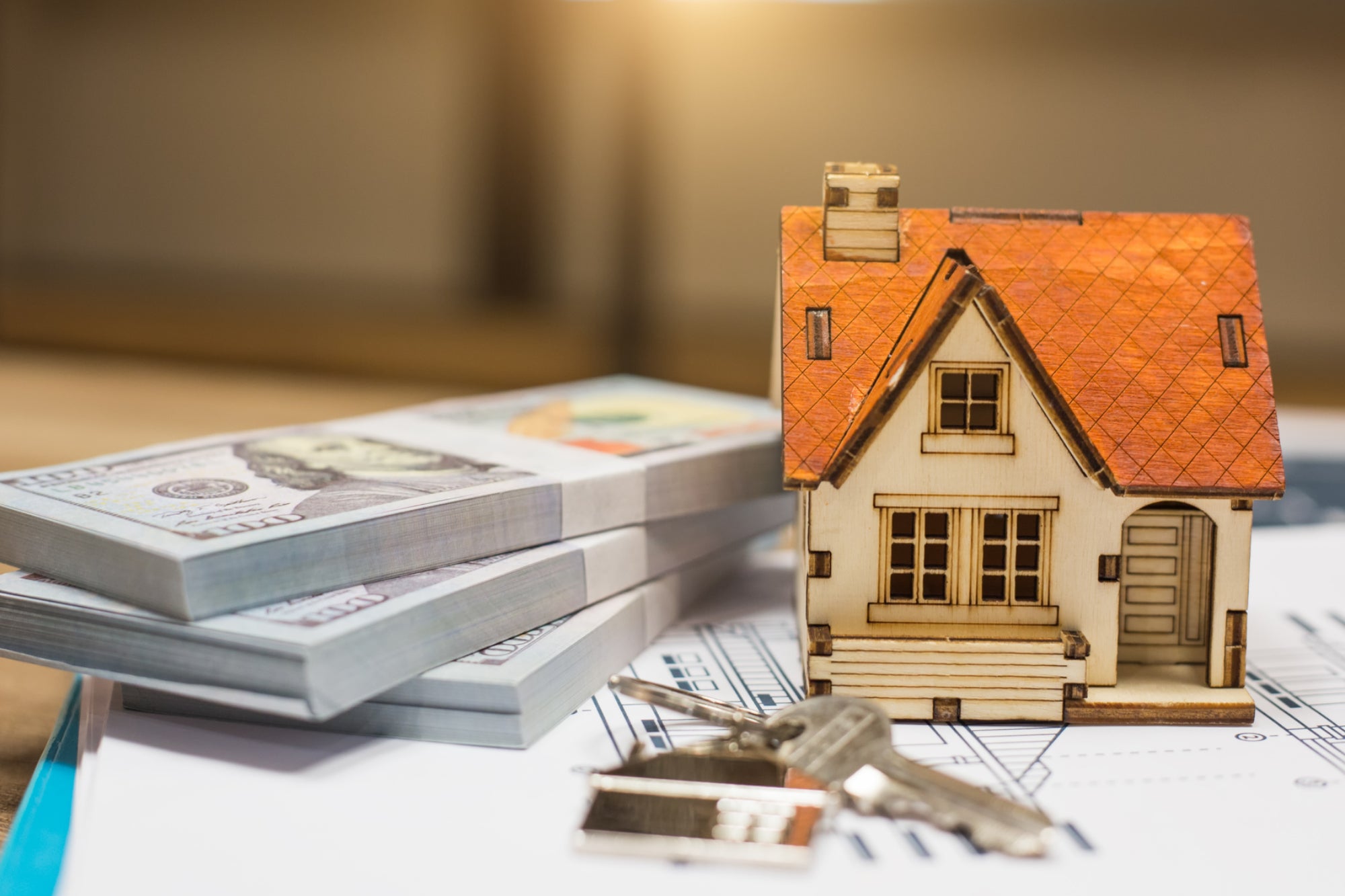There are many investment options available today. However, most young investors get emotionally attached to real estate investments. This is the main reason people tend to rationalize their emotional choices with the help of widespread beliefs about real estate investments.
If you want to avoid getting entangled in these emotional aspects of investing and make a sound financial decision, it is important to understand and dismiss real estate investment myths. Before you head to Movoto.com and choose a home to buy, you may want to know more about investment myths. Some of the common myths include.
Land is scarce
This is one of the most common real estate investment myths propagated by property salesman and other proponents of investments. Sure, there is a limited amount of land globally, and the population is growing very fast. This has made most people think that there will always be a shortage of resources such as land.
However, check the numbers, and you will understand that this isn’t the case. First, there is indeed a limited amount of land. However, technological development is making it possible to use this land efficiently. Recent studies have shown that even if the world population were to increase four-fold, there would be sufficient land for people to thrive and survive.
Also, studies have proved that the world population is about to stabilize. Thus, the population growth area is reaching its peak, and the number of people is likely to be more or less constant. Therefore, the idea that land is scarce is not true.
The value of land will always increase
This logic is more common in developing economies that have seen an unprecedented boom in some significant economic sectors such as the real estate industry. The value of land in such economies has increased by ten times over the past 20 years. As a result, investors in these economies tend to believe that the price of land will always increase. They argue that the real estate value will always increase no matter what.
Unfortunately, this is far from reality. Think about developed economies such as the United States and Japan. You will realize that real estate markets can crash where the price can drop to the tune of 40% or 50%. For example, in Japan, the costs real estate dropped and stayed low for the better part of the past ten years.
Therefore, if you ever hear anyone saying that the value of land will always increase, that is not true. It might improve under the right economic conditions. But it will drop during a market crash.
Past performance in the real estate industry accurately predicts future performance
Many optimistic real estate investors extrapolate the past market performance trails, and they create an extremely unreliable future scenario. It is essential to understand that different industries globally have been undergoing a fundamental shift for the past one and half a decade. Various business arrangements such as free trade, outsourcing, and cross-border real estate investments have created an unexpected boom in the growing and developed economies.
That means the past behavior of the real estate market may not be a perfect picture of what’s expected in the future. Given the recent changes in the world economic system due to the coronavirus pandemic, there is a good chance the past years real estate market behavior will not be repeated in the near future. Therefore, investors are betting on the repeat performance may be in for some shock.
You can flip real estate investment quickly
Before the subprime market crisis broke out in the US, stories of self-made property millionaires who owed their fortunes to buying and selling properties on borrowed money were common. These individuals propagated the notion that buying and selling real estate is easy and can be accomplished within a short period and easily. They strongly believe in the idea of gaining the profits arising from the price differences between buying and selling and converting it to cash.
These self-proclaimed gurus forget that the huge amount of transaction costs linked with any kind of property transaction globally can eat into your profits like a corrosive acid. That means as you continue to flip more properties, you will still in carrying more transaction costs. These costs can amount to 2 percent or 5% of the specific property being sold or bought.
Buying a home is better than renting an apartment
Most property owners around the world have an emotional connection with their homes or commercial properties because they spend heavily on it. Some cultures consider acquiring a home is some kind of social status. That means most people will feel compelled to buy a home just because it is seen as better than renting one.
If you think about the financial aspect of acquiring a home, and other factors such as employment, the nature of work you do, and more you will realize that this is a myth. Some situations will require you to rent an apartment while others will allow you to buy a home where you can live for decades.




















